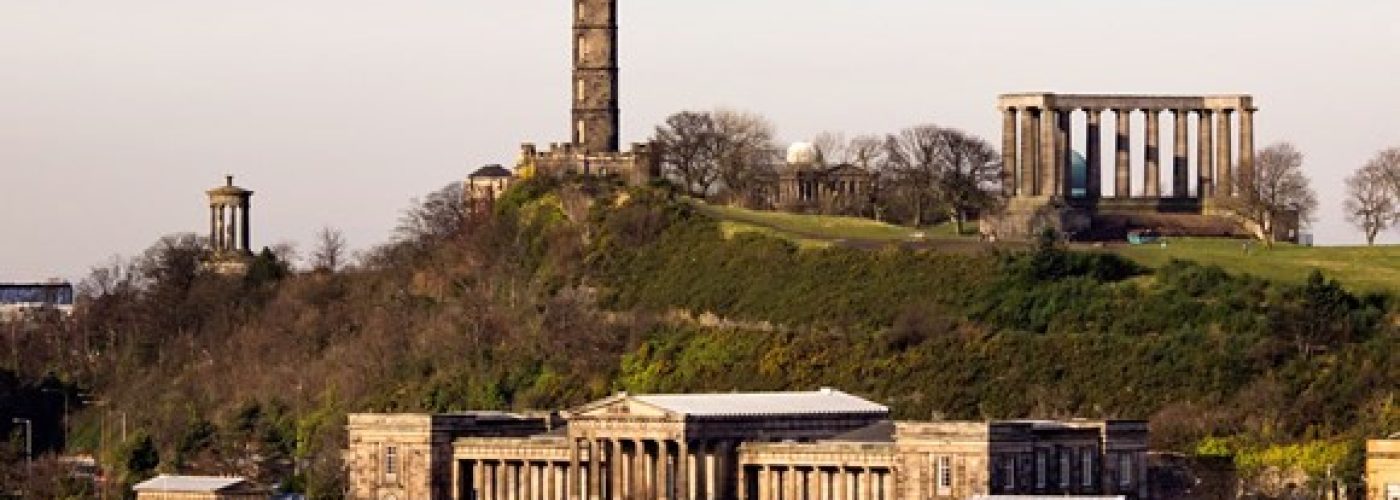Economic recovery, climate change, communities and tackling inequalities high on the agenda.
The role that Scotland’s historic environment can play in supporting economic recovery, contribute to agendas such as net zero, to communities, and in tackling inequalities, is being discussed in Edinburgh today, Wednesday, 29th June.
Delegates from across Scotland are gathering at Dynamic Earth to discuss the future contribution and direction of Scotland’s historic environment sector, as part of a planned review of Scotland’s strategy for the historic environment ‘Our Place in Time’ (OPiT).
The strategy, which was Scotland’s first for the historic environment was launched in 2014, and set out a shared vision for the sector, with key deliverables over that period focussing on areas including Heritage Tourism, Built Heritage Investment, Climate Change, Volunteering, and Skills & Expertise.
It also set out a framework for a collective approach to be taken by the sector on a range of areas, as well as providing a platform to bring other sectors into the work of the historic environment sphere.
The refreshed strategy, which will set out the ambitions for the sector for the next five-ten years, will build upon the key successes of OPiT, as well as recognising and reflecting on the last two years, since the covid pandemic.
This will include a focus on prioritising activity that supports recovery and renewal, as well as further enhancing the contribution the sector makes to national priority areas, and to Scotland and its people.
Historic Environment Scotland (HES), as Scotland’s lead body for the historic environment, has been asked by the Scottish Government to lead on a review of the strategy, with the event at Dynamic Earth, forming part of a wider series of engagement, before the draft strategy goes out for wider public consultation later this year.
Alex Paterson, Chief Executive of Historic Environment Scotland (HES) said,
“The historic environment and our built heritage is important and valuable in its own right, and part of Scotland’s story, but it also plays a key role for Scotland against a number of core agendas, from tourism and skills to green recovery and contributing to net zero.
“We have of course lived through, and are continuing to experience, historic times, with the pandemic and growing costs of living, alongside other factors, providing challenges to those operating within the sector and beyond, as well as serving to further highlight inequalities in our society.
“Today is a key step in a wider process for us to collectively shape our future ambitions for the sector, and to reflect and reimagine what we want the contribution of Scotland’s historic environment sector to be, as we respond to these challenges and opportunities to use the past to build a better future.”
The opening address was delivered by Neil Gray MSP, Minister for Culture, Europe and International Development and Minister with special responsibilities for Refugees from Ukraine.
Culture Minister Neil Gray said:
“I commissioned Historic Environment Scotland to lead the review of Scotland’s “Our Place in Time” strategy, and that review provides an opportunity to redefine the context and set the direction of this important strategy. In particular, the shift in prioritisation to activity which supports recovery and renewal will help to create a more resilient and sustainable sector.
“For a nation of our size, Scotland has a diverse and impressive wealth of heritage and culture; from World Heritage sites and major archaeological locations to smaller community heritage projects. By working collaboratively we can promote the positive contribution that the historic environment makes not only to Scotland’s economy but to the wellbeing of Scotland’s people and our route to net zero.”
For more on Our Place in Time visit Our Place in Time | About Us | Historic Environment Scotland.





